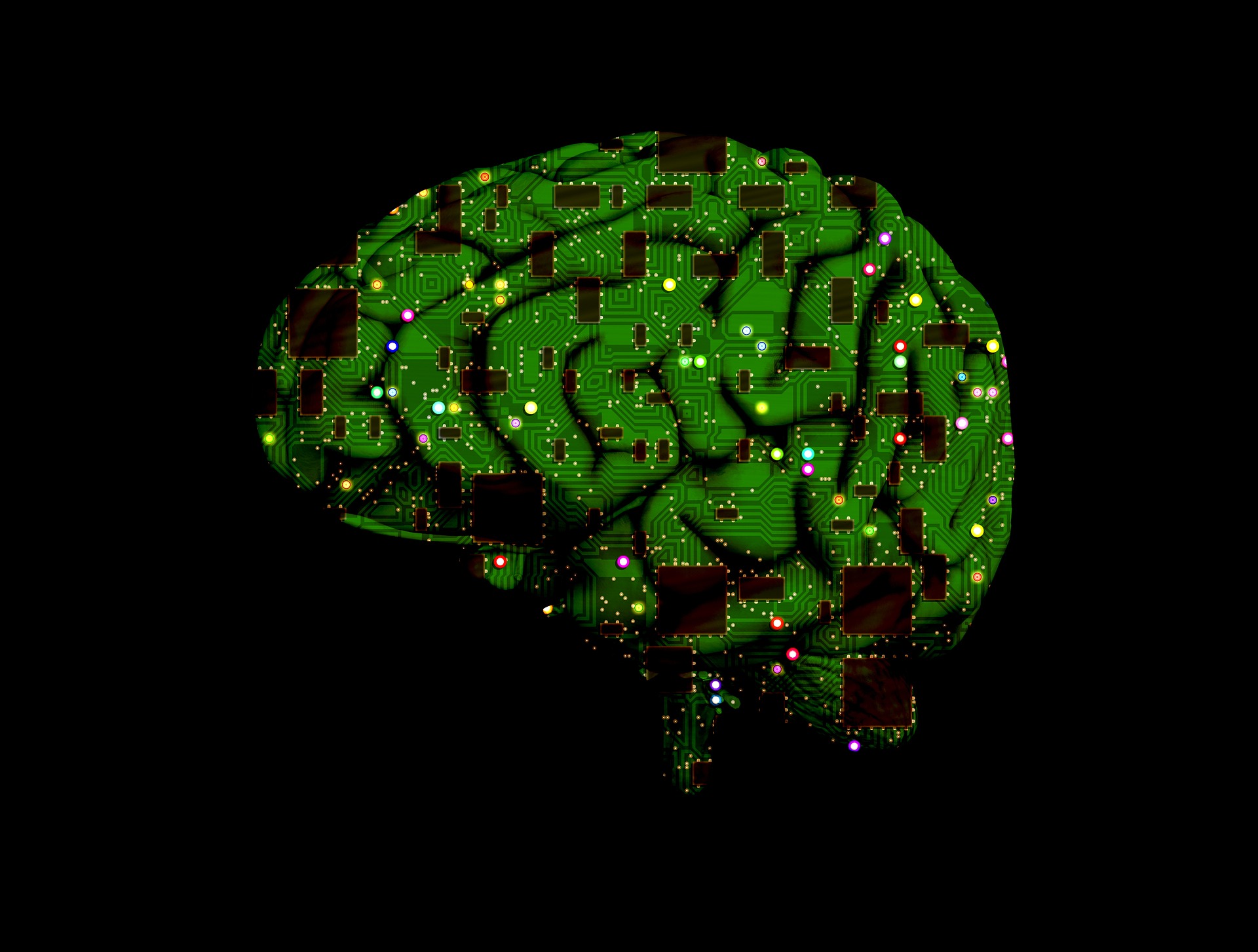By Warren Miller, contributing writer
Artificial intelligence (AI) continues to gain ground in the race to best humanity in every possible field. As new algorithms develop, in particular those combining big data, deep learning, and quick evolution, it’s not clear where we can hold our own. Just look at a few recent reports of AI victories.
AI programs have a clear advantage over humans when playing perfect knowledge games: games where all information is available to both players. A computer can just look at all the possible moves, look several moves into the future, and pick a winning line. Checkers, for example, is one game that an AI program can beat any human player at by using this brute-force approach.
AI programs for more complex games, like Go, can’t use this approach; there are just too many moves for even the fastest available computer to out-muscle its human opponent. In such games, the AI must understand strategy and make educated guesses to determine the most favorable moves. These types of algorithms have improved dramatically over the last few years, and recently, a Google AI algorithm beat the number one Go player in the world. It did this, according to some of the best Go players in the world, by using innovative and even beautiful techniques that human players are learning from.

Image source: Pixabay.
Even more impressively, an AI program recently beat a set of humans in a poker game. This is noteworthy because winning at poker involves much more than the traditional brute-force or strategic algorithms previously described. Poker involves bluffing and reading other players. Heretofore, these techniques have been an unbeatable strength of human players, but perhaps no longer. One of the losing humans even commented that the AI program learned players’ weaknesses during the game and exploited them to take the win. This algorithm can be used for more than just poker, however. It can be used as the basis of algorithms for negotiating, economics, cybersecurity, and even medicine.
Perhaps medical treatment is the arena in which AI could be most life-changing, though. A recent report from the University of Nottingham shows that an AI program can predict heart attacks better than doctors. The prediction algorithms were trained on real patient records and developed their own criteria, which outperformed the current guidelines set by the American Heart Association. If these programs could access data collected from a larger set of records — and perhaps even from electrical measurements captured during actual cardiac episodes — just think of the possible breakthroughs in predictive diagnosis. Expand the possibilities to a wider set of medical conditions, and AI programs could significantly improve and prolong human life. Let’s just hope that their algorithms will make it clear that they want to keep humans around for more than just medical experiments.
Advertisement
Learn more about Electronic Products Magazine





